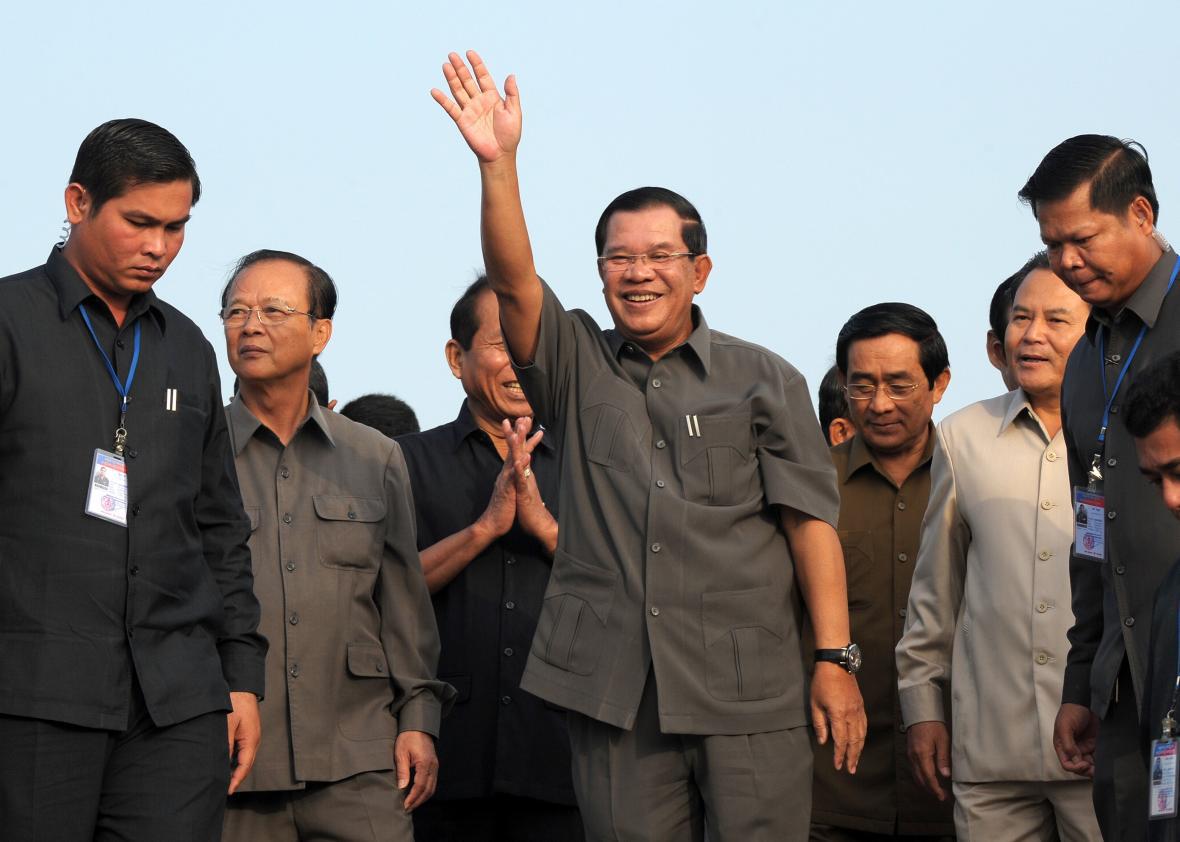The New York Times reports that a spokesman for the government of Cambodia has justified threats to shutter foreign-funded news outlets by citing U.S. President Donald Trump’s treatment of the media:
The White House decision to bar several news outlets, including The New York Times, CNN and Politico, from a briefing last week, Mr. Phay Siphan said in a Facebook post on Saturday, “is based on the power and mandate of the state.”
The decision, he wrote “sends a clear message” that Mr. Trump “sees that news broadcast by those media outlets does not reflect the truth, which is the responsibility of professional journalists.”
Even under Trump, press freedom in the U.S. is in a different league than Cambodia. As Reporters Without Borders puts it, in Cambodia, the “media are all indirectly controlled by the state and are closely watched,” and murders of journalists often go unpunished. The country is ranked 128th out of 180 on the organization’s press freedom index. But Phay Siphan is suggesting the U.S. and Cambodia are now basically on the same spectrum.
This probably won’t be the last example of this we see. Already, Philippines President Rodrigo Duterte, stridently anti-American until this year, has claimed that Trump supports his brutal extrajudicial drug war. (Trump hasn’t actually commented publicly.) Wirathu, the nationalist Buddhist monk accused of fomenting violence and hatred toward Myanmar’s Muslim Rohingya minority, has drawn parallels between his own worldview and Trump’s. Chechnya’s strongman ruler Ramzan Kadyrov has taken a page from the Donald’s personality cult by launching an Apprentice-style reality show starring himself.
Autocratic governments are used to bristling at U.S. human rights criticism and jumping on evidence of America falling short of the values it claims to stand for. But when the U.S. president openly behaves like an autocrat, you can expect other autocrats to point out that they’re merely following the example of the U.S. president.
